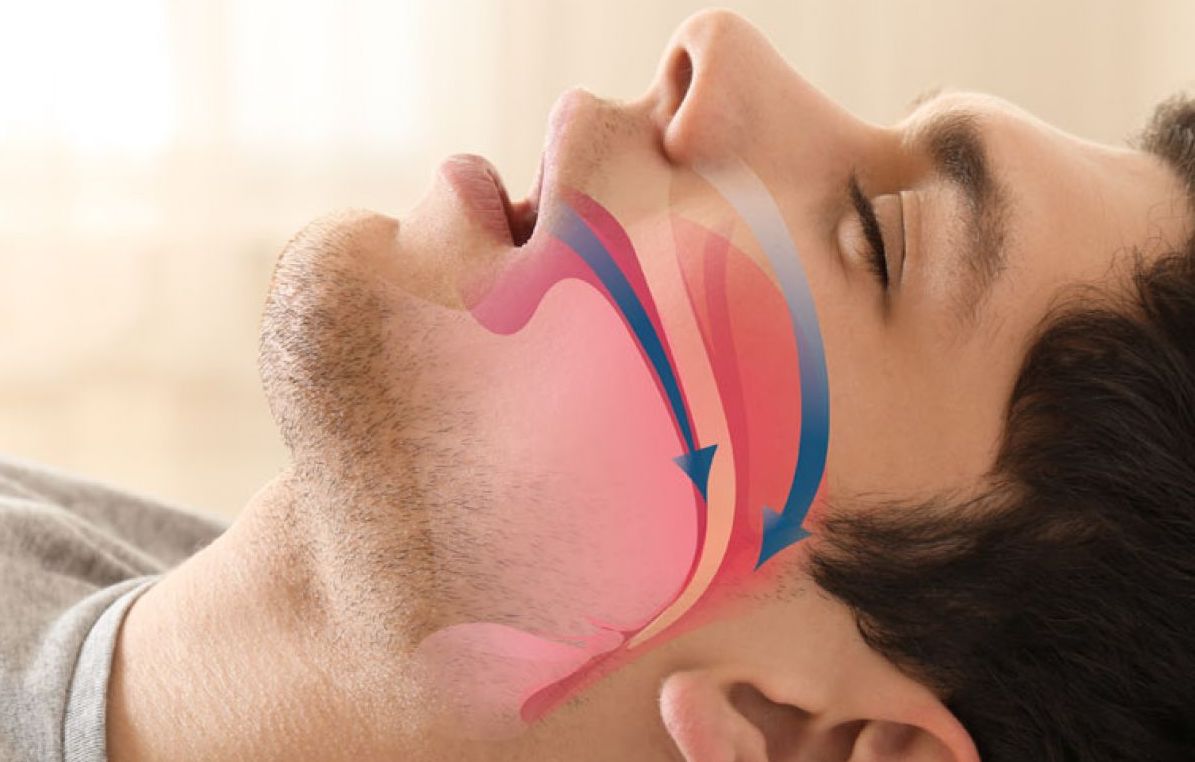“I only snore when I sleep on my back.” If you’ve ever spoken with someone who snores, you’ve likely heard this before. Can sleeping position really impact your snoring? Is there a cure for it that might help you sleep better?
Most people fall into one of three categories: back sleepers, stomach sleepers or side sleepers. If you’re snoring loudly and frequently at night, you should take a look at how you are sleeping and if you can remedy your snoring just by switching sleeping positions.
What Is the Best Sleeping Positions for Snorers?
1. Back Sleeping

If you lie on your back with your arm up over your head or down close to your body, you might be a back sleeper.
Sleeping on your back makes you more likely to snore or experience sleep apnea. If you sleep on your back, your mouth has a tendency to fall open. This changes the shape of your upper airway and can make you more predisposed to snoring. Gravity increases the tendency for your jaw, tongue and soft palate to drop back toward your throat, which narrows your airways and can lead to increased breathing difficulties.
2. Stomach Sleeping

In this position, you sleep on your stomach with head turned to the side, and your arm wrapped around or tucked under a pillow.
Sleeping on your stomach is better than your back if you snore or have sleep apnea as it still allows your airways to stay open, helping you breathe better and prevent snoring. However, if you have neck pain or lower back pain, this position could make it worse.
3. Side Sleeping

Those who sleep in a side position often have knees and legs bent, curled toward your torsos, and sleep in the fetal position.
Side sleeping is the best sleep position to prevent snoring or sleep apnea, as it helps reduce the compression of your airways. Research has suggested that lying on your side appears to be ideal for people who snore and suffer from sleep apnea, as their airways are more stable and less likely to collapse or restrict air, which can significantly reduce time spent snoring and the intensity of snoring.
Conclusion
Breathing problems during sleep are often related to an unhealthy sleeping position, which plays an important role in your sleep quality and can often make the difference between having a good night’s sleep or not. If you think your sleeping position is influencing your snoring, it may be time to consider positional therapy to start to sleeping in quieter, healthier position that can help relieve your symptoms.






